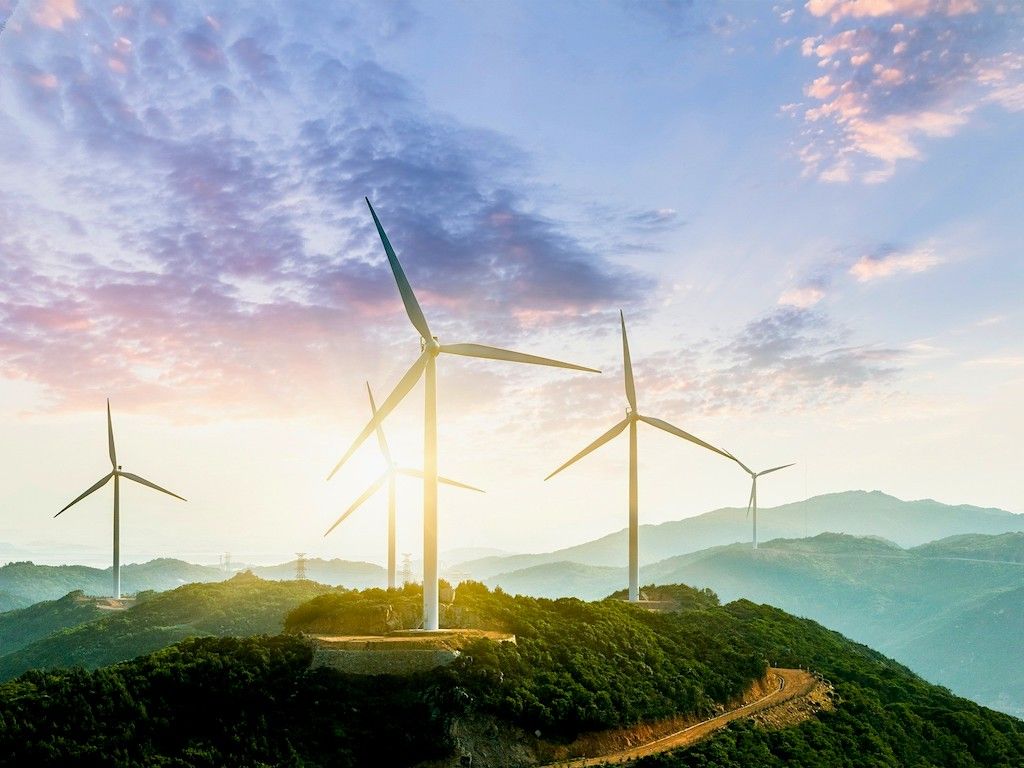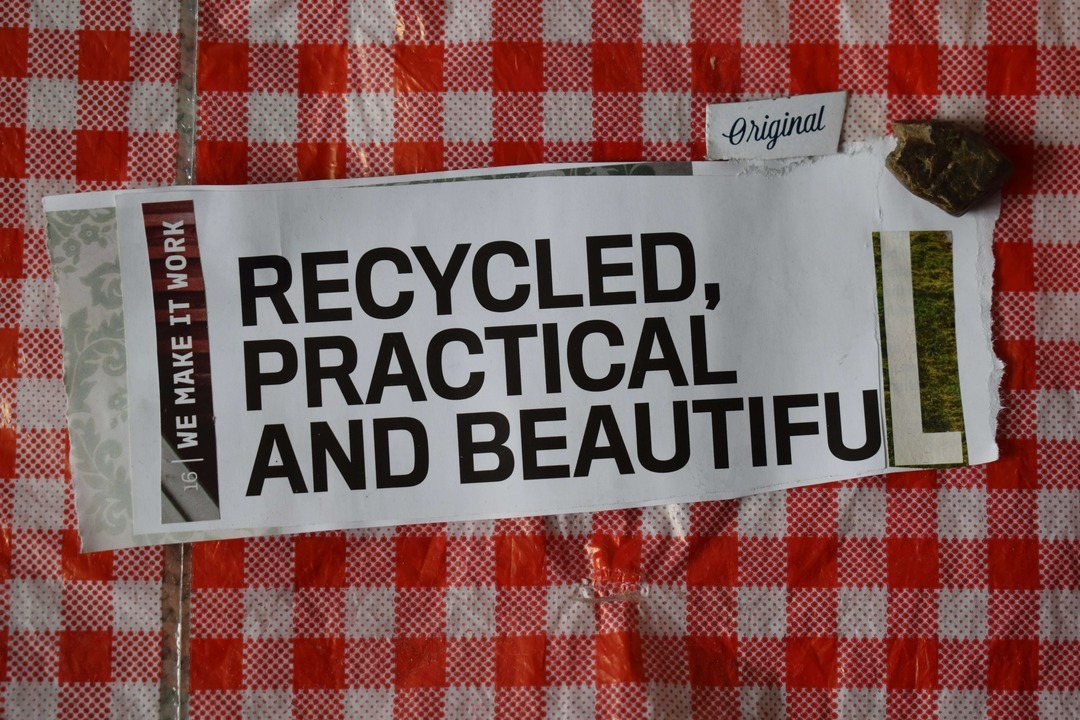
2020 was a hard year for most of us, but it did bring one positive milestone for the planet.
In 2020, renewable energy generated more electricity in Europe than fossil fuels for the first time, making it the bloc’s leading power source. That’s the takeaway from a report published Jan. 25 by German think tank Agora Energiewende and British think tank Ember. And it’s the beginning of a growing trend, the report authors said.
“It is significant that Europe has reached this landmark moment at the start of a decade of global climate action,” Ember senior electricity analyst and lead report author Dave Jones said in a press release. “Rapid growth in wind and solar has forced coal into decline but this is just the beginning. Europe is relying on wind and solar to ensure not only coal is phased out by 2030, but also to phase out gas generation, replace closing nuclear power plants, and to meet rising electricity demand from electric cars, heat pumps and electrolysers.”

This is the fifth year in a row that the two think tanks have published a report on the decarbonization of Europe’s electricity sector. The report looks at the sector across all of Europe and on a country-by-country basis.
Last year, the share of electricity produced by renewable energy rose to 38 percent while the share produced by fossil fuels fell to 37 percent. On a country-by-country basis, Spain, Germany, and the U.K. also generated more of their electricity from renewables than fossil fuels for the first time.
Wind and solar have been driving the rise in renewable energy. They rose nine percent and 15 percent respectively in 2020 and now account for a fifth of Europe’s electricity generation. Bioenergy and hydropower make up the rest of Europe’s renewable sources, but have remained static.
At the same time, coal use fell 20 percent in 2020 and has fallen by 50 percent since 2015. Natural gas, meanwhile, only fell by four percent.
The reason that renewable energy overtook fossil fuels in 2020 was three-fold, Agora Energiewende explained.
- More renewable energy was installed despite the pandemic, and the weather was good for renewable energy generation.
- Natural gas became cheaper to use than coal power.
- When electricity demand fell because of the COVID-19 pandemic, coal plants were therefore the last to be used.
This difference in price is also why natural gas did not fall as far as coal use in 2020, the report explained. About half of coal’s decline in use this year was because of reduced energy demand. But the other half of the decline was due to the growth in wind and solar, a trend that predates the pandemic.
That means that renewables may dip below fossil fuels next year, but 2020’s milestone is not an aberration.
“We can’t be sure if renewables will remain above fossil fuels next year, it will probably be close. Renewables are growing every year, but as demand picks up again post-Covid, it’s possible there is a very small rebound in fossil generation,” Jones said in an email to Treehugger.
However, he noted, “if it does happen, it will be slight and temporary. The trend is clear: wind and solar are helping to quickly phase out coal. Hopefully it will start to do the same for gas generation.”
Europe needs to act if it wants to meet the goals it has set for itself. Currently, EU leaders have pledged to reduce greenhouse gas emissions by at least 55 percent by 2030 and to achieve carbon neutrality by 2050. The goal is the center of the European Green Deal, a plan to justly transition the bloc’s economy away from fossil fuels and towards sustainability. The U.K., which is no longer in the EU, has separately pledged to achieve carbon neutrality by 2050.
The report authors found that the transition from fossil fuel to renewable electricity generation is still moving too slowly to meet these goals. In order to meet the 2030 target, wind and solar generation must almost triple, increasing their average growth from 38 terawatt-hours per year from 2010 to 2020 to 100 terawatt-hours per year from 2020 to 2030.
That means political action will be necessary to make sure that the pandemic recovery is in line with Europe’s climate goals. In an email, Agora Energiewende said the bloc must work to install renewable energy and phase out coal, while building public support for these measures.
“The economic recovery after the pandemic must not be allowed to slow down climate protection,” Agora Energiewende Director Dr. Patrick Graichen said in a press release. “We therefore need strong climate policies – such as the Green Deal – to ensure steady progress.”





